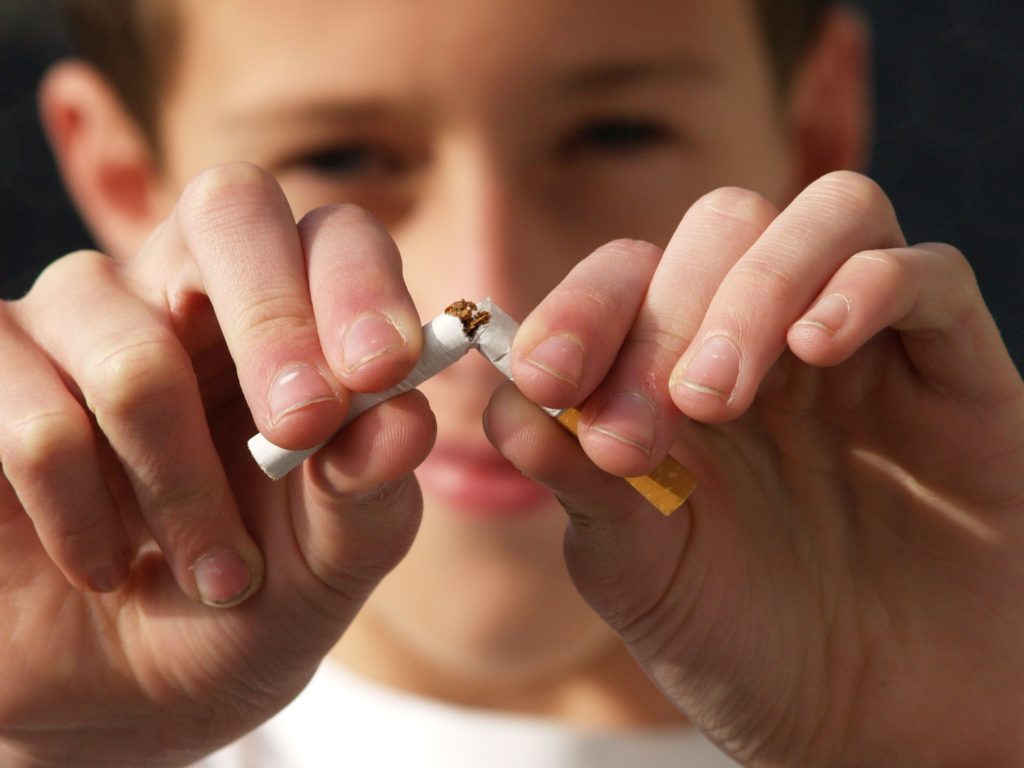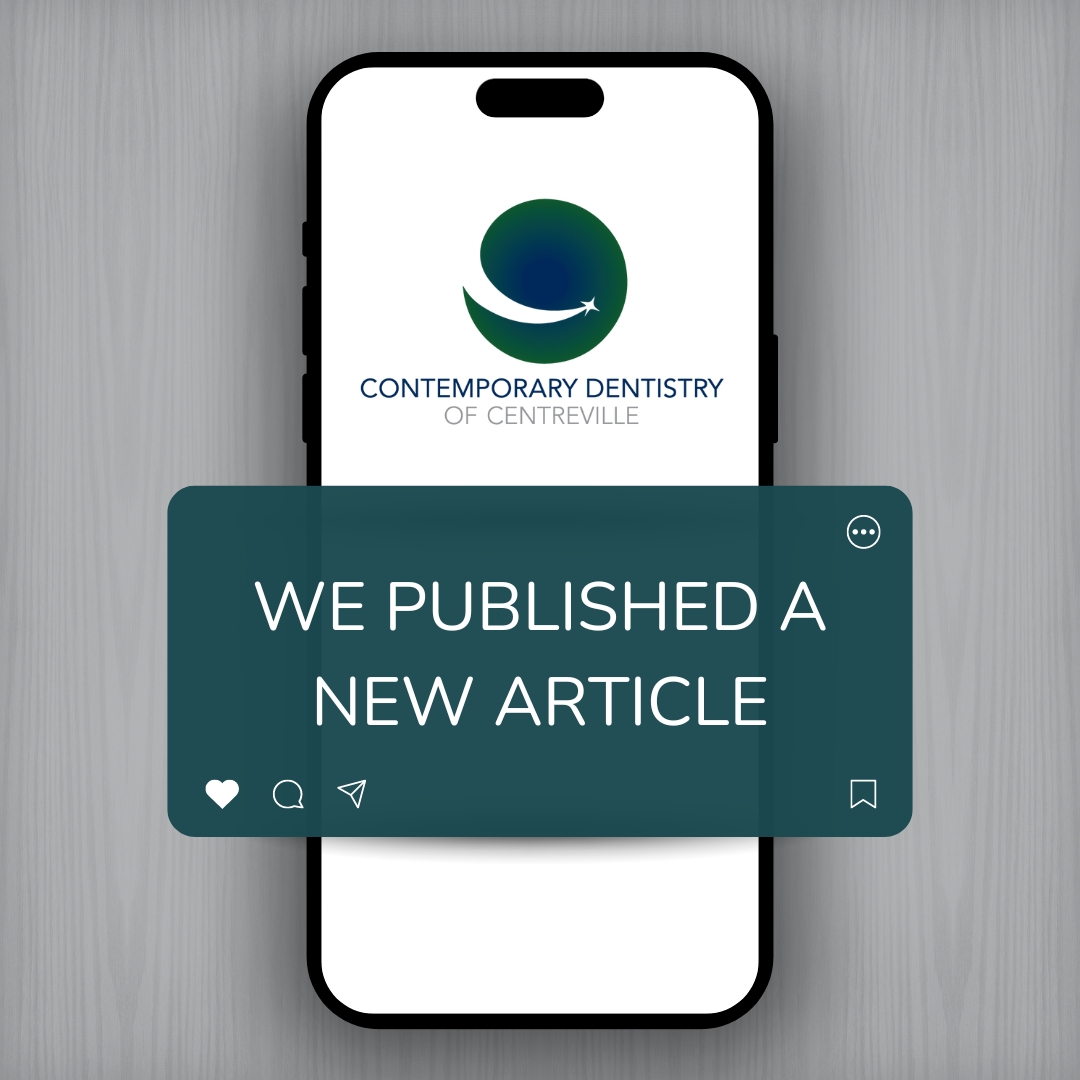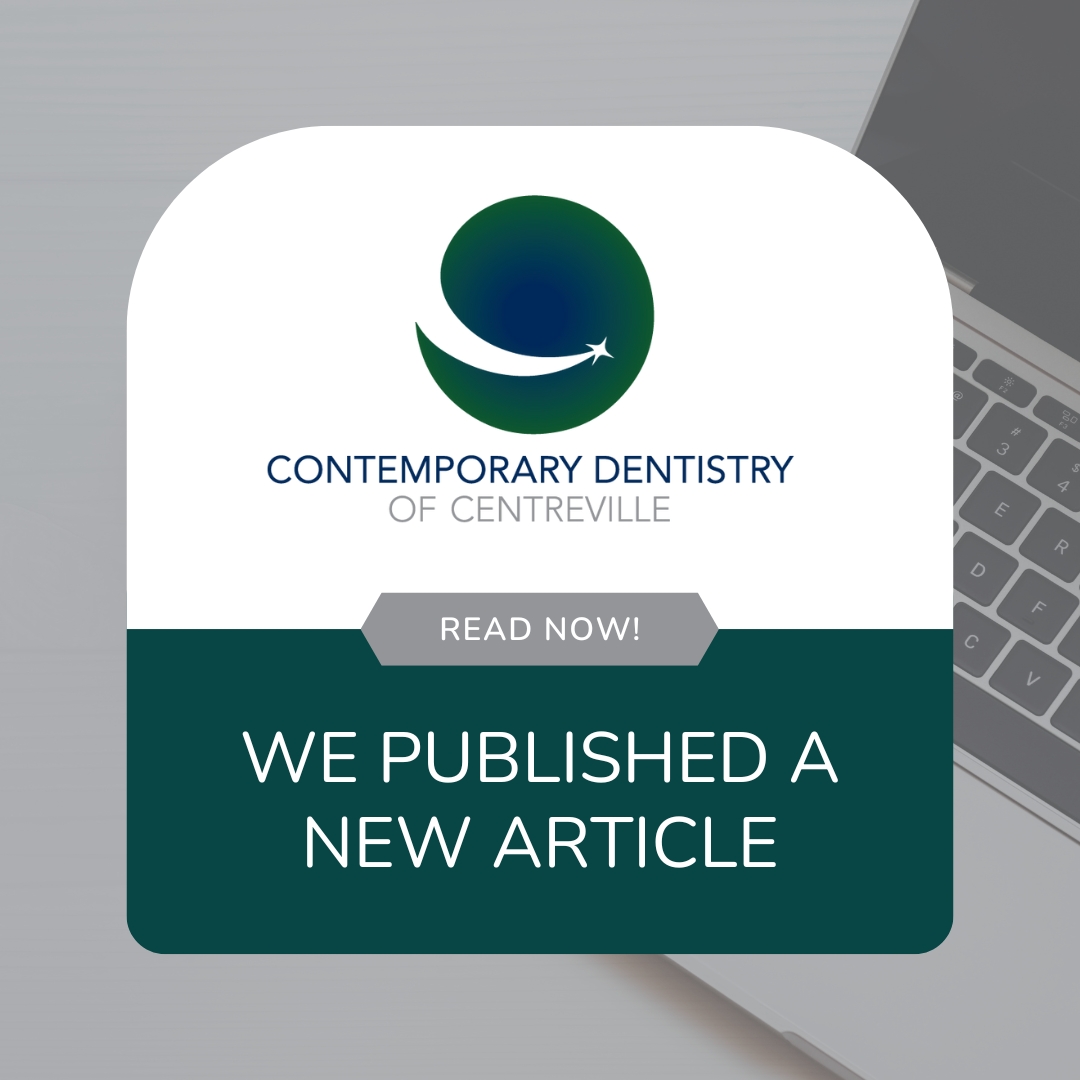When you are close to someone you can often be overly comfortable in sharing. This is especially true with kissing. In one kiss, more than 500 germs can be shared between two people. Sharing a kiss can have an impact on your oral health. Here are some of the dangers of kissing.

Colds & Flus
When you feel like you might be coming down with a cold or flu, it is best to avoid kissing. You certainly don’t want to transmit any diseases. Colds and flus are easily passed on through saliva and nasal fluids.
Cold Sores
If you see a cold sore near your mouth and lips, you should avoid kissing someone. Cold sores will look like small, clear blisters usually close to your lips. Cold sores are a viral infection, but are extremely contagious. Cold sores that are leaking fluids are especially contagious, however even a sore without any fluid can spread to others in contact. Avoid contact if you see cold sores!
Mono – The Kissing Disease
Mononucleosis, or mono, is spread very rapidly through kissing. The disease can also be spread by sharing behaviors such as sharing a cup, food, or straw. We recommend avoiding sharing your food and drink with others. Someone carrying mono might appear healthy, so always play it is safe by avoiding sharing your food and your germs.
Tips for Fresh Breath
It makes sense to want to have a clean, fresh breath when kissing. It is best to avoid foods that contain strong spices and flavors, such as garlic or onion. Long after they have been consumed, it is still possible to smell these foods on someone’s breath. Make sure you follow a regular daily oral hygiene routine. This includes brushing your teeth twice daily, as well as brushing your tongue, roof of the mouth, and inside of your cheeks. We suggest using a mouthwash or sugar-free gum after eating to help diffuse strong odors. Sometimes bad breath can be caused by other factors, so if you feel these solutions are not working, make an appointment with us.
Hundreds of germs can be shared when kissing. Watch out for cold sores as well as cold or flu symptoms. Don’t forget to keep up with your daily brushing and flossing routine.
For more tips on keeping your mouth healthy, or to schedule your next visit, contact our office.




















